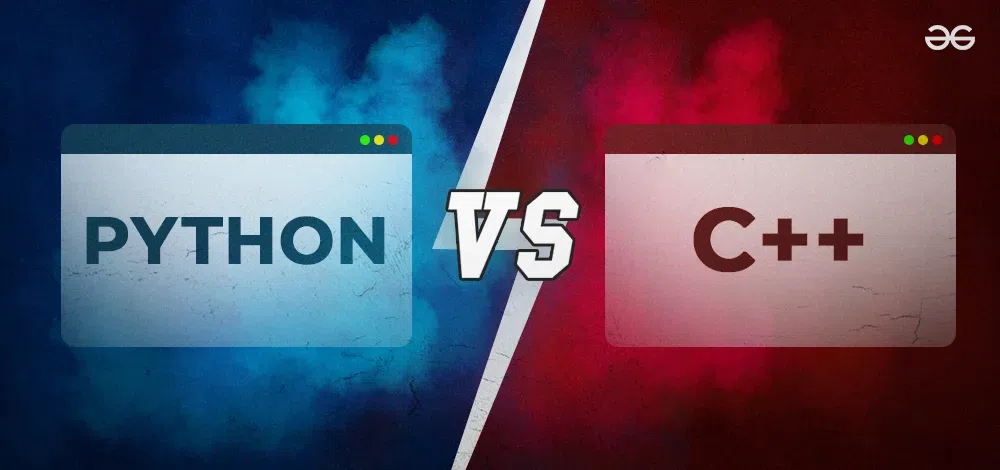The choice between Python and C++ depends on various factors, including the specific requirements of your project, your programming goals, and the characteristics of each language.
Here are some considerations to help you decide:
Python:
-
Ease of Learning:
- Python is known for its simplicity and readability. Its syntax is clear and resembles the English language, making it an excellent choice for beginners.
-
Productivity:
- Python emphasizes developer productivity and code readability. It has a large standard library and supports many third-party libraries and frameworks, allowing for rapid development.
-
Versatility:
- Python is a versatile language used in web development, data science, artificial intelligence, automation, and more. It's often chosen for its broad applicability and ease of use.
-
Community and Ecosystem:
- Python has a large and active community. There are numerous resources, libraries, and frameworks available, making it easy to find support and solutions to common problems.
-
Interpreted Language:
- Python is an interpreted language, which means you can run code without explicitly compiling it. This can contribute to faster development cycles.
C++:
-
Performance:
- C++ is often chosen for performance-critical applications. It allows low-level manipulation of memory and provides more direct control over hardware, making it suitable for system programming and game development.
-
Memory Management:
- C++ allows manual memory management through pointers, giving developers fine-grained control over memory. This can be advantageous in resource-constrained environments.
-
Object-Oriented Design:
- C++ supports object-oriented programming, making it suitable for large-scale, modular software development. It also includes features like classes and inheritance.
-
Legacy Systems:
- Many legacy systems and performance-critical applications are written in C++. If you are working on maintaining or extending existing systems, C++ expertise may be valuable.
-
Learning Curve:
- C++ has a steeper learning curve, especially for beginners. It introduces concepts like manual memory management and pointers that may require more attention.
Considerations:
-
Project Requirements: Consider the specific requirements of your project. If performance is a critical factor, especially in applications like game development or system programming, C++ might be a better choice. For data analysis, scripting, or quick development, Python is often preferred.
-
Development Speed vs. Performance: Python is generally faster to develop in due to its high-level abstractions, while C++ offers better performance due to its lower-level control over resources. Choose based on the balance between development speed and performance needs.
-
Community and Support: Both Python and C++ have large and active communities. Consider the availability of libraries, frameworks, and community support for your chosen language.
-
Personal Preference: Your familiarity and comfort with a language play a significant role. If you are more comfortable with one language, you may be more productive in it.
In summary, there is no one-size-fits-all answer. The best choice depends on the nature of your project, your development goals, and your personal preferences and expertise. Many developers find value in being proficient in both Python and C++ to leverage their strengths in different scenarios.
Thank you.

